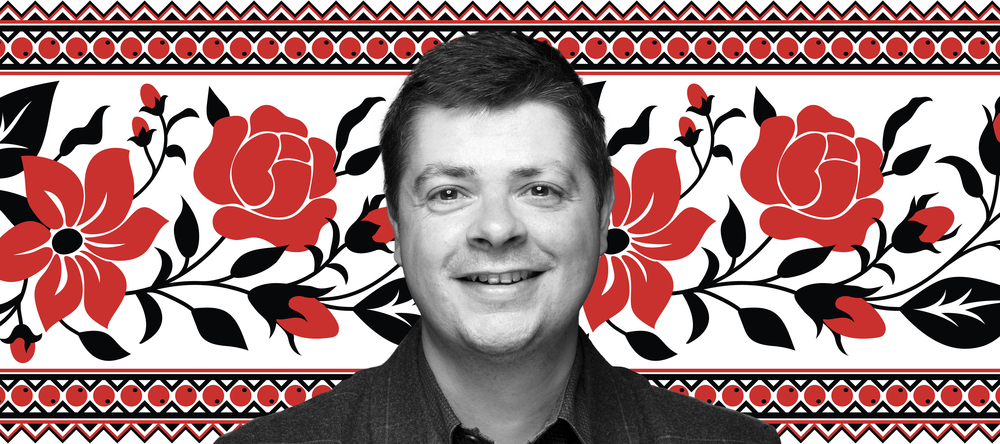
Dr Tomasz Lachowski has graduated in Law. He is the editor-in-chief of the "Obserwator Międzynarodowy" portal. He is currently researching the consequences of Russia's aggression against Ukraine and the subject of historical settlements of Soviet crimes committed against the nations of Central and Eastern Europe, particularly in the context of studies on genocide and the thought of Rafał Lemkin.
What inspired you to become a scientist?
It was the desire to "touch and understand the world", which pushed me to work at a university, which, in turn, is a great platform for further intellectual and personal development.
What impact does your work have on the surrounding reality?
The last few extremely turbulent years in international relations have demonstrated the significance of getting to know international law. Currently, we are directly witnessing an example of the most serious violation of the norms of the international legal order – the aggression of the Russian Federation against Ukraine, and also, in my opinion, the genocide of the Ukrainian nation. This crime is yet another example of the Kremlin's attempt to annihilate independent nations in its immediate vicinity – on the "blooded lands" – which, as the Polish nation, we have also experienced in our history. In this situation, international law appears to be a key instrument for the enforcement/implementation of the necessary responsibility for Russia's unlawful actions, but also an important means of combating disinformation and propaganda emanating from Moscow. Without a doubt, the work of an international lawyer makes sense.
How do you understand the term: profession of a scientist?
Being a scientist means taking responsibility for your work as part of the process of exploring and transferring knowledge. The word has its power, and, particularly a researcher of international law dealing with the delicate area of the most serious crimes and their consequences, must be aware of it.
More information about Dr Tomasz Lachowski’s work
Czy Władimir Putin trafi do Hagi? O prawno-politycznych konsekwencjach nakazów aresztowania wydanych przez Międzynarodowy Trybunał Karny [Will Vladimir Putin end up in the Hague? On the legal and political consequences of arrest warrants issued by the International Criminal Court] (in Polish)
Dziedzictwo Norymbergi [The Legacy of Nuremberg] (in Polish)
Polska polityka wschodnia jest genetycznie związana z niepodległością Rzeczypospolitej. Tomasz Lachowski rozmawia z Pawłem Kowalem [Polish eastern policy is genetically related to the independence of the Republic of Poland. Tomasz Lachowski talks to Paweł Kowal] (in Polish)
Source: Dr Tomasz Lachowski (Department of Public International Law and International Relations, University of Lodz)
Edit: Michał Gruda (Communications and PR Centre, University of Lodz)
The mission of the University of Lodz is to conduct reliable research and actively disseminate facts and research results so as to wisely educate future generations, be useful to society and courageously respond to the challenges of the modern world. Scientific excellence is always our best compass. Our values include: courage, curiosity, commitment, cooperation and respect.
